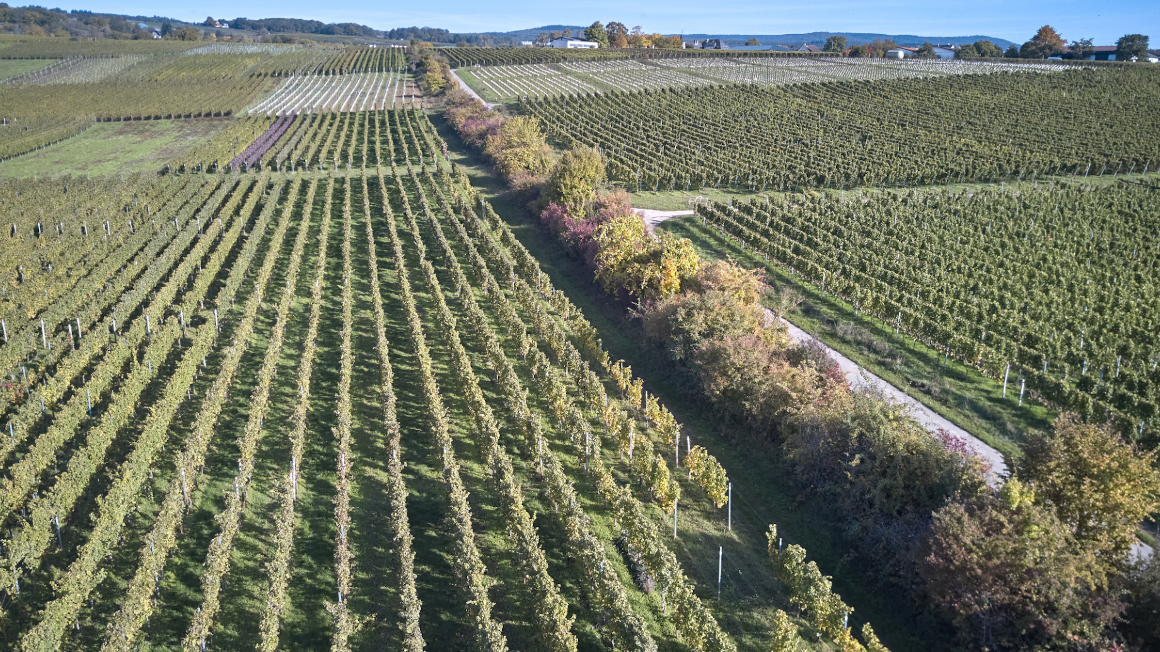Adapting soils to climate change with regenerative arable farming
Can soils be protected from heat, drought and heavy rainfall through reduced cultivation and permanent planting? A research team from Hesse has produced some promising initial results.

Floods, drought and heat are making life increasingly difficult for farmers in this country. Important ecosystem services such as water supply and soil fertility are being impaired by climate change, resulting in crop losses. One way to counter the crisis is regenerative agriculture. Here, the focus is on measures to regenerate soil and soil organisms and to preserve biodiversity. Instead of intensive cultivation, tillage is reduced and the soil is covered by permanent planting. This in turn ensures that the soil remains cool, fewer nutrients are washed out by rain and the water reservoir in the soil is protected.
Since 2020, the AKHWA project has been investigating the extent to which regenerative arable farming actually offers suitable strategies for adapting agriculture to climate change. The project, led by the University of Kassel, is being funded by the state of Hesse with 2.5 million euros as part of the Integrated Climate Protection Plan 2025. Farmers from Hesse and researchers from the University of Giessen are involved in the project.
Positive effects on soil and soil organisms
After four years, the project has delivered promising initial results. The field trials show that reduced tillage and the addition of compost increased the carbon content in the top 100 cm of the soil by up to 27%. The use of mulch blankets resulted in the soil being significantly cooler and able to store more water.
The regenerative farming measures also had a positive effect on soil life and soil structure. According to the researchers, the soils were more resilient to heavy rainfall, which meant that more water was absorbed by the soils, making them less susceptible to erosion. Although all these restorative measures increased the carbon and nutrient content in the soil, the results so far show no increase in greenhouse gas emissions.
Project is being extended
The AKHWA project has now been extended. Over the next four years, the consortium intends to compare cost and performance data from farms with ecosystem services and to model the potential impact of regenerative arable farming on the state of Hesse.
bb


